And won’t ease its economic burden – fund allocation doesn’t reflect its key priorities, which include ensuring macroeconomic stability and reducing poverty.
There are doubts as to whether Nigerian President Bola Tinubu’s N54.99 trillion (US$36.6 billion) 2025 budget will lay a solid foundation for addressing some of the country’s current economic challenges.
Economist Stephen Onyeiwu unpacks these challenges and sets out why the 2025 budget won’t change Nigeria’s economic landscape (though it has some silver linings).
What are Nigeria’s four biggest economic challenges?
Firstly, Nigeria’s economy has grown at a subdued average rate of about 3% for the past three years.
Though comparable to global economic growth, this rate of growth is insufficient to create jobs and alleviate poverty. The official unemployment rate is 4.3%.
Only 15% of those employed, however, are in the formal sector as wage earners. About 93% of Nigerians are engaged in informal sector activities. They’re doing low-income and vulnerable jobs, with no social protection.
Secondly, Nigerians are struggling with a high cost of living. Inflation has remained high for three years, as have interest rates.
The exchange rate has been elevated and volatile. The result has been rising food, fuel and housing costs.
Thirdly, the country has not been able to attract enough foreign investment to generate high-paying jobs in the formal sector.
Foreign direct investment to Nigeria has been declining. It fell from US$8.6 billion in 2009 to US$1.8 billion in 2023.
Reasons for the decline are the high cost of doing business in Nigeria, insecurity, poor infrastructure and macroeconomic instability.
Fourthly, poverty rates are high. This is due to unemployment and the lack of safety nets. The poverty rate rose from 33.2% in 2020 to 47.2% in 2024. The number of poor people is expected to increase by 13 million in 2025, largely due to inflation.
Will the 2025 budget help?
There are a number of serious flaws in it which suggest it won’t.
Tinubu said the 2025 budget “was designed to ensure macro-economic stability, poverty reduction, promoting economic stability, developing human capital and addressing insecurity.”
But the allocation of funds does not reflect these priorities. The allocations to personnel and overheads far exceed allocations to capital expenditures – things that build the economy’s productive capacity.
A key challenge for Nigeria is how to shift resources from consumption to production. The 2025 budget reinforces the longstanding consumerist nature of the economy.
China spends about 45% of GDP on capital formation. This has spurred and sustained the country’s high growth rates for decades. Nigeria’s allocation to capital expenditure in the 2025 budget is about 19%.
In his budget speech, the president said his administration’s goal was to
“get our manufacturing sector humming again and ultimately increase the competitiveness of our economy.”
But the federal ministries that should be driving this effort – industry and education – weren’t allocated enough for capital expenditure.
Nor did the budget prioritise things that would ease the economic burden of Nigerians.
A big chunk of the budget (about 35.4%) goes to servicing debt. Indeed, about 65% of the 2025 budget will finance debt repayment, personnel costs, and overheads.
Another concern is that the government intends to borrow N9.22 trillion (US$6.2 billion) to finance the budget, higher than the N7.83 trillion (US$5.2 billion) borrowed in the previous year.
Borrowing to finance a budget increases the interest rate and makes private-sector borrowing costly. Businesses can’t access funds that would enable them to invest and boost economic growth, reduce inflation, create jobs, and alleviate poverty.
Are there any silver linings?
There are some.
It is commendable that the Federal Ministry of Communications & the Digital Economy was allocated about N450 billion (US$300 million) for capital expenditure, compared to just N33 billion (US$22 million) for recurrent expenditure. The administration is signalling its commitment to building capacity in the IT sector. This is important because Nigeria needs to promote a knowledge-based economy that would diversify away from hydrocarbons.
Another encouraging aspect of the budget is that the ratio of budget deficit to GDP (3.89%) is lower than the average 5% prior to 2024. Although the administration will borrow to cover the deficit, it’s borrowing less than before relative to GDP. This signals an intention to be more financially prudent than previous administrations, assuming it won’t resort to supplementary budgets.
What needs to happen now?
The 2025 budget is anything but pro-poor. Most of its provisions benefit the elites, contractors and public employees.
Much will be used to pay politicians and their aides at the National Assembly and workers in the government ministries and agencies.
Money allocated to capital expenditure will be used to pay contractors for government projects.
Nigerians in the informal sector will not feel a direct impact. There should have been more proactive measures to address unemployment and poverty.
Sustainable development requires a strong rural economy. While the manufacturing and services sectors are critical for structural transformation and job creation, they can’t develop without a vibrant agricultural sector.
Strengthening the rural economy of Nigeria requires raising the productivity of farmers so that they can supply food to urban workers at affordable prices. This helps keep inflation and wage rates low.
Raising the productivity of rural people raises their incomes and alleviates poverty.
Higher rural incomes increase farmers’ purchasing power, leading to an increase in the demand for goods and services produced in the manufacturing sector. When rural people earn more, there’s less reason to migrate to urban areas.
Less migration implies less pressure on urban social services, the labour market and the informal sector.
More funds need to be allocated to sectors and activities that raise the productive capacity of the economy. This will involve reducing governance costs and using the savings to boost food production, agro-processing and manufacturing.
The key to stabilising the Nigerian economy is massive food production, which will reduce food inflation. Coupled with agro-processing, food production will boost exports, reduce food imports and strengthen the value of the naira.
A stronger naira will reduce inflation and interest rates.
In conclusion, the 2025 budget does not solve Nigeria’s endless cycle of deficits and debts. Neither does it lay the foundation for structural transformation, economic diversification, sustainable economic growth, employment generation and poverty alleviation.
It will leave the economic landscape unchanged.![]()
Stephen Onyeiwu, professor of Economics & Business, Allegheny College
This article is republished from The Conversation under a Creative Commons licence. Read the original article.

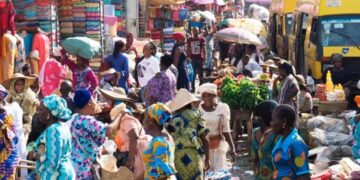

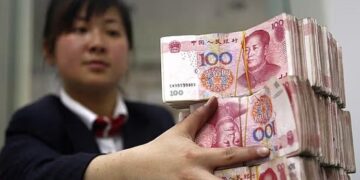


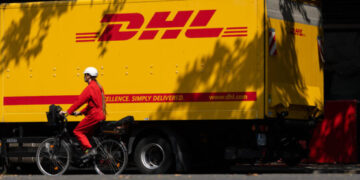
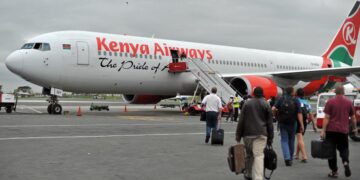
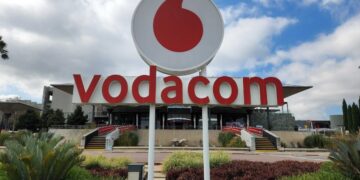
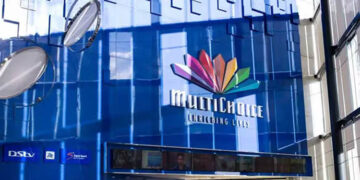
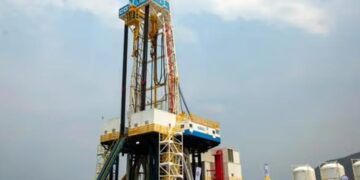
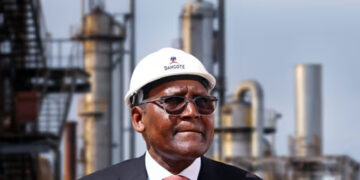
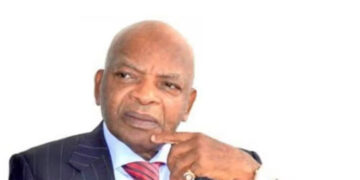

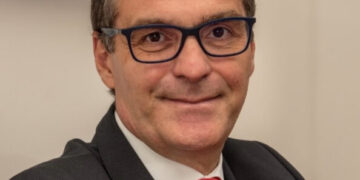
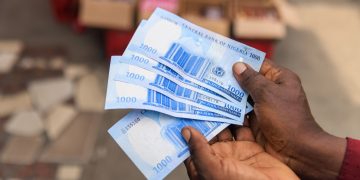


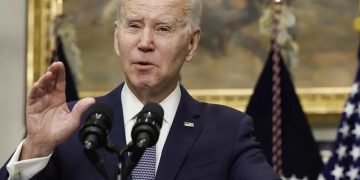
![[Kenya] Digital credit provider Tala disbursed Sh240 billion in loans in eight years 19 [Kenya] Digital credit provider Tala disbursed Sh240 billion in loans in eight years](https://theafricanbusiness.com/wp-content/uploads/2023/02/TALA-APP-360x180.jpg)













